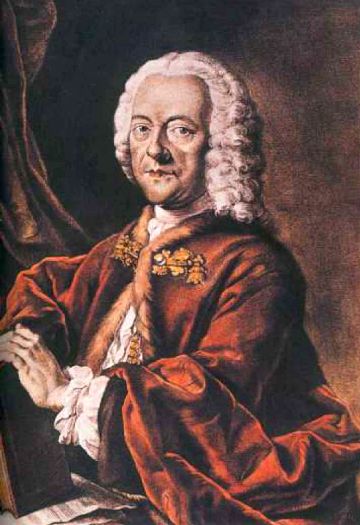On the 250th anniversary of the death of one of the Baroque period’s most prolific composers, we ask if more can be more.
In an excellent and often amusing article for the Journal of Musicology, Images of Telemann: Narratives of Reception in the Composer’s Anecdote, 1750-1830, Steven Zohn quotes from Hamburg literature professor Christoph Daniel Ebeling’s famous 1770 critique of Telemann’s music: “In general, [Telemann] would have been greater had it not been so easy for him to write so unspeakably much. Polygraphs seldom produce many masterpieces.”
It’s an argument easily refuted. You need only point to the masterpieces among Vivaldi’s 500 or so concertos, Domenico Scarlatti’s 550-plus keyboard sonatas or the more than 600 songs that Schubert penned. Similar charges were levelled posthumously against Mendelssohn in relation to the latter’s extraordinary compositional facility – which Telemann also had in spades. But then so did Mozart. Go figure.
 Georg Philipp Telemann
Georg Philipp Telemann
It is a truth universally acknowledged that the severe judgment of subsequent generations upon their forebears has little basis in logic or genuine discernment and is more to do with changing tastes. According to Grove, Georg Philipp Telemann...










Comments
Log in to join the conversation.